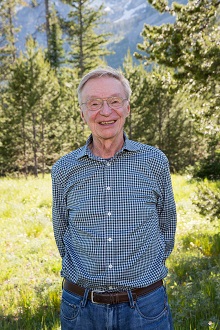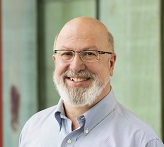The purpose of this symposium is to hold a discussion on high performance green computing that brings together world leaders in the field, centering on Dr. David Kuck, Intel Fellow and Professor Emeritus, University of Illinois at Urbana-Champaign, who will be awarded the Okawa Prize* on March 7, 2018. Dr. Kuck is a recipient of the IEEE Computer Society Computer Pioneer Award. He is a parallel programming technology pioneer whose achievements include developing the ILLIAC IV (the world’s first supercomputer), developing automatic parallelizing compiler technology, which is utilized in today’s servers, supercomputers and PCs, developing parallel programing technologies, as represented by OpenMP, and developing program debugging and tuning tools.
The seminar will include the world’s most advanced lectures and a round-table discussion by University of Illinois at Urbana-Champaign Prof. David Padua, who is a world leader in parallel programming and HPC, Waseda University Prof. Hironori Kasahara, who is a parallel compiler and multicore researcher and Japan’s first President of the IEEE Computer Society, Westminster University Prof. Vladimir Getov, who is a member of the IEEE Computer Society’s Board of Governors and a well-known researcher of low power consumption computing, and Seoul National University Prof. Jae Jin Lee, who is a leader in the field of embedded parallel computing.
*The Okawa Prize is intended to pay tribute to and make public recognition of persons who have made outstanding contributions to the research, technological development and business in the information and telecommunications fields, internationally.


 David Kuck
David Kuck David Padua
David Padua